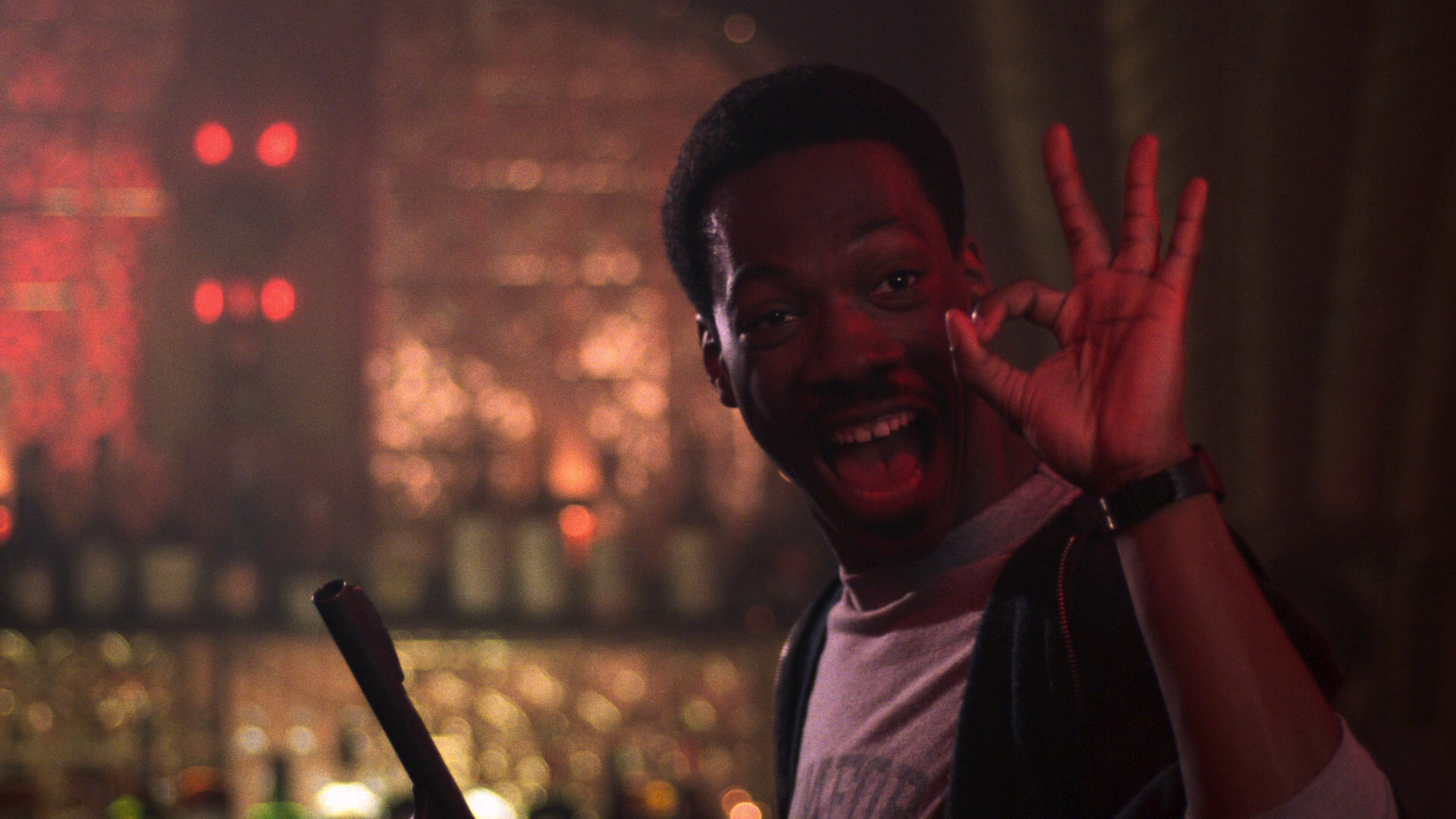**/**** Image B Sound B+
starring Laurence Olivier, Jennifer Jones, Miriam Hopkins, Eddie Albert
screenplay by Ruth Goetz and Augustus Goetz
directed by William Wyler
by Travis Mackenzie Hoover Theodore Dreiser's Sister Carrie is a masterpiece of interiority, which makes adapting it for the screen rather tricky. The book's characters say things they don't mean and do things they don't understand while the author interprets the buried motives behind their casually destructive actions. So much editorializing goes on that a straight-up regurgitation of the narrative simply won't suffice: it's a novel for a director versed in atmospherics, one who can counter the spoken word with visual information to the contrary–Fritz Lang would have been right, likewise Douglas Sirk or Max Ophüls. But there's nobody less suited to the task than William Wyler. The master of long-take, deep-focus literalism, he knows nothing that he can't see and hear and thus sees and hears nothing. Wyler takes in the scenery, notes the mangled verbiage of the screenwriters, and fails completely to evoke what's essential about the work being translated.
Failing to land a steady job after coming to Chicago in the waning years of the 19th century, small-town girl Carrie (Jennifer Jones) finds herself kept by fun-lover Mr. Drouet (Eddie Albert), who unwisely introduces her to respectable restaurant manager George Hurstwood (Laurence Olivier). Hurstwood naturally falls head over heels for Carrie, prompting his wife to file for divorce and Hurstwood, further incited by a stack of his boss's money that happens to have fallen into his hands, to run off with Carrie to New York. This proves disastrous, as the now-disgraced Hurstwood finds it impossible to find work–ironically forcing Carrie into the tight spot that will propel her skyward.
Viewed from the outside, this is not a very interesting outline–just one more period piece revolving around doomed romance and social position, a withered Peyton Place for the carriage trade. You don't get anything like Dreiser's musings on human yearning, which constantly dream of fantasy pleasures that don't exist and address how chomping at that bit can lead to disappointment (in the case of dreaming Carrie) or destruction (in the case of midlife-crisis Hurstwood). Sure enough, Wyler's film becomes one of those things that Dreiser was satirizing: a would-be high-emotion melodrama with pretty period details to covet. Wyler doesn't distinguish between objects–he records everything without assigning meaning, when the novel is about the nature of such assignments.
I have nothing against deviations from even classic novels, so long as the filmmakers have something of interest to say in their reshuffling of the deck. But Carrie really has no opinions of its own, either. It's as formally and intellectually daring as a "Classics Illustrated" comic, rushing through the general without imposing anything that might seem revisionist or, perish the thought, stylish. The film is literature for people intimidated by literature, and it dishonours both the novel that it hijacks and the medium in which it works–it's a non-movie for the inattentive and unimaginative, made with solid but empty craft and an ill-defined seriousness that doesn't translate into insight. I suspect the production team forgot that Carrie existed ten minutes after it wrapped–I know I did ten minutes after watching it.
THE DVDParamount's DVD release of Carrie is a moderate disappointment. The full-frame image is alternately sticky in areas of deep black and bleached-out in bright white patches, though the effect is far from catastrophic. The Dolby 2.0 mono audio is somewhat better–a little soft, perhaps, but not too soft, with voices sounding adequately distinct. Mention should be made of the restored "flop-house" sequence in this "extended version," for it's the best scene in the movie. Still not enough to salvage it, however.
121 minutes; NR; 1.33:1; English DD 2.0 (Mono); CC; English subtitles; DVD-9; Region One; Paramount

![Carrie [DVD]](https://m.media-amazon.com/images/I/510BJF6RWCL._SL500_QL70_ML2_.jpg)



![Ben-Hur (1959) [Fiftieth Anniversary Limited Edition] - Blu-ray Disc|[Fiftieth Anniversary] Blu-ray Disc benhur](https://filmfreakcentral.net/wp-content/uploads/2011/11/benhur-150x150.jpg)